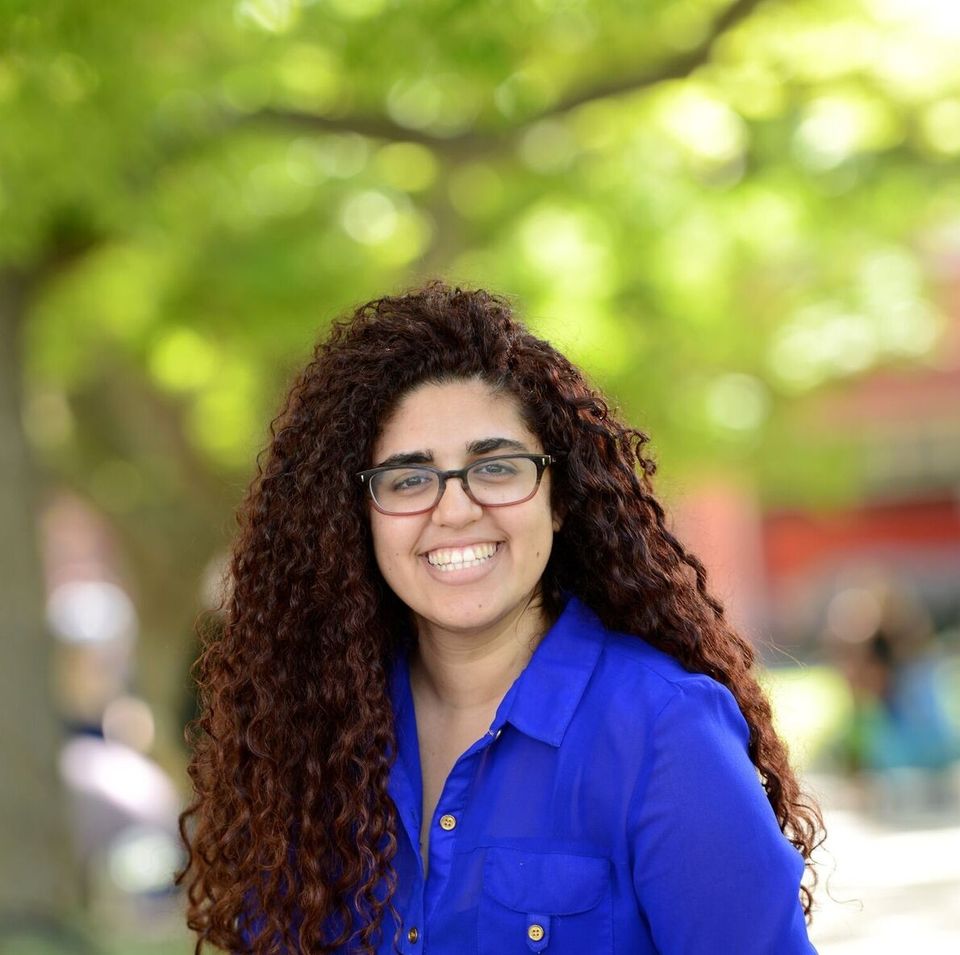Orfalea Center Thematic Research Cluster
Global Futures: Uncertainty, Displacement, Security
Risk Studies Reading List: Migrants and Refugees
Afifi, T. D., Afifi, W. A., Callejas, M. A., Shahnazi, A., White, A., & Nimah, N. (2018). The functionality of communal coping in chronic uncertainty environments: The context of Palestinian refugees in Lebanon. Health Communication.
Afifi, T. D., Afifi, W. A., Merrill, A. F., & Nimah, N. (2016). ‘Fractured communities’: uncertainty, stress, and (a lack of) communal coping in Palestinian refugee camps. Journal of Applied Communication Research, 44(4), 343-361.
Beiser, M. N., & Hou, F. (2006). Ethnic identity, resettlement stress and depressive affect among Southeast Asian refugees in Canada. Social science & medicine, 63(1), 137-150.
Cainkar, L., Abunimah, A., & Raei, L. (2004). Migration as a method of coping with turbulence among Palestinians. Journal of Comparative Family Studies, 35(2), 229-240.
Carballo, M., & Nerukar, A. (2001). Migration, refugees, and health risks. Emerging Infectious Diseases, 7(3 Suppl), 556.
Cernea, M. M., & McDowell, C. (Eds.). (2000). Risks and reconstruction: Experiences of resettlers and refugees. The World Bank.
El-Khani, A., Ulph, F., Peters, S., & Calam, R. (2017). Syria: Coping mechanisms utilised by displaced refugee parents caring for their children in pre-resettlement contexts. Intervention, 15(1), 34-50.
El-Shaarawi, N. (2015). Living an uncertain future: Temporality, uncertainty, and well-being among Iraqi refugees in Egypt. Social Analysis, 59(1), 38-56.
Esses, V. M., Hamilton, L. K., & Gaucher, D. (2017). The global refugee crisis: Empirical evidence and policy implications for improving public attitudes and facilitating refugee resettlement. Social Issues and Policy Review, 11(1), 78-123.
Fazel, M., Reed, R. V., Panter-Brick, C., & Stein, A. (2012). Mental health of displaced and refugee children resettled in high-income countries: risk and protective factors. The Lancet, 379(9812), 266-282.
Husseini, A. S. (1996). Palestinian refugees in the West Bank and Gaza Strip: health= development. Medicine, Conflict and Survival, 12(2), 131-137.
Im, H., Ferguson, A. B., Warsame, A. H., & Isse, M. M. (2017). Mental health risks and stressors faced by urban refugees: Perceived impacts of war and community adversities among Somali refugees in Nairobi. International Journal of Social Psychiatry, 63(8), 686-693.
Kramer, S., & Bala, J. (2004). Managing uncertainty: coping styles of refugees in western countries. Intervention: International Journal of Mental Health, Psychosocial Work and Counseling in Areas of Armed Conflict, 2(1), 33-42.
Macken, S. (2018). Identity in protracted displacement: Exploring identity of Palestinian and Syrian refugees living in Lebanon. Aigne Journal, 7(1).
Parkinson, S. E., & Behrouzan, O. (2015). Negotiating health and life: Syrian refugees and the politics of access in Lebanon. Social Science & Medicine, 146, 324-331.
Puar, J. (2007). Terrorist assemblages: Homonationalism in queer times. Durham and London: Duke University Press.
Schiltz, J., Vindevogel, S., Derluyn, I., & Vanderplasschen, W. (2019). Uncertainty in situations of forced displacement: A critical interpretative synthesis of refugee literature. Population, Space and Place, 25(3), e2194.
Szaflarski, M., & Bauldry, S. (2019). The effects of perceived discrimination on immigrant and refugee physical and mental health. Advances in Medical Sociology, 19, 173.
Yakushko, O., Watson, M., & Thompson, S. (2008). Stress and coping in the lives of recent immigrants and refugees: Considerations for counseling. International Journal for the Advancement of Counselling, 30(3), 167.
Zbidat, A., Georgiadou, E., Borho, A., Erim, Y., & Morawa, E. (2020). The perceptions of trauma, complaints, somatization, and coping strategies among Syrian refugees in Germany: A qualitative study of an at-risk population. International Journal of Environmental Research and Public Health, 17(3), 693.





